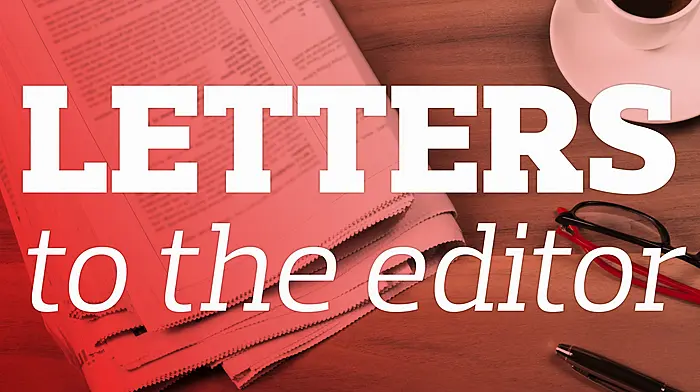THE Minister for Finance had barely finished talking in the Dáil on Tuesday when the lobbyists and special interest groups started issuing their ‘Budget reaction’ statements.
First out of the traps was what sounded like a very angry Restaurants Association of Ireland, which issued a strongly-worded release on the increase in the Vat rate to 13.5% next September.
Describing it as ‘a blow’ for tourism recovery, the association said its ‘still-restricted’ members now faced ‘a cold winder’ with the tapering of wage supports ‘and no recovery package’.
Describing the overall Budget 2022 as ‘disastrous’, it added that it showed no ambition to stimulate or revitalise the tourism industry.
Chief executive Adrian Cummins warned that the hospitality industry now faces a challenging five years to restore business to pre-Covid levels.
He said the Vat move could spell the ‘death nail in the coffin’ of many hospitality businesses this winter.
Meanwhile, another industry that had strongly criticised the government’s lengthy Covid lockdowns – the airline industry – was quick to welcome the news of €90m in immediate funding to help Ireland rebuild vital international connectivity, following the decimation of the past two years.
Cork Airport management said the fund would help it rebuild its international routes into next year and beyond.
And the motoring industry was off the blocks soon after, saying that Budget 2022 represented ‘a mixed bag’ for both the industry and the motorist. The increases in VRT, coming on the back of Covid, Brexit, increased fuel taxes and the dramatic VRT changes in the 2021 Budget, were described as ‘hugely disappointing’.
But it welcomed the continuation of VRT relief for electric vehicles until 2023.
These three reactions, from three industries all badly hit by the pandemic, show the exact difficulty the finance minister faces when finalising his Budget: you can’t please everyone.
Overall, there was a cynical reaction to the ‘big ticket’ offerings, which had been earlier leaked, in any case.
The meagre increases in a variety of payments – to carers, pensioners, and others – will be easily subsumed by the rise in fuel prices and food this year.
The plans for the recruitment of 8,000 more healthcare staff will mean little to HSE management who know the majority of those recruits are simply not available.
And there was little by way of any help to ameliorate the current housing crisis – for buyers or renters.
But, in general, there were no major surprises or dramatic disappointments.
At this point, most of us have come to realise that every Budget is really just an exercise in balancing books and managing expectations.
And anyway, at the end of the day, the mandarins in the public service are largely the authors of this unwieldy tome.
And once there are no major faux pas – don’t mention the children’s shoes debacle of 1982 – then usually all the bluff and bluster associated with the announcements is forgotten within weeks, if not days.
These days, it’s more about style than substance, and the ‘big giveaway’ budgets of the past will probably not be repeated for some time to come.
And, given the government has borrowed approximately €36bn since the start of the pandemic, and our debt burden will likely top €237bn this year, then maybe being a little prudent is no bad thing.
A sad sign of the times
OUR front page story about art student Ruby and her plea for a home is a real wake-up call for many people.
As Ruby said herself, she is not what we think of when we imagine ‘the homeless’.
But, in Ireland today, homeless can be the person sitting beside you in a swanky café, sharing your desk in college, or working beside you in a seemingly ‘good’ job.
The crisis in the rental sector means thousands of our citizens are relying on the ‘goodwill’ of their landlords to give them security. Ireland is not a country that has had a long experience of long-term lettings and so our legislation has never reflected that need. But the need is there now – and possibly will be for many years to come.
Many observers were disappointed that there was no major attention given to the sector in this week’s Budget 2022.
It is time our government treated this crisis with the urgency it deserves.










